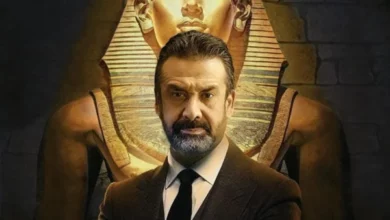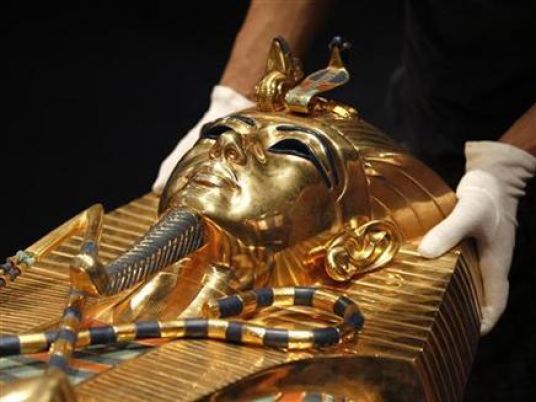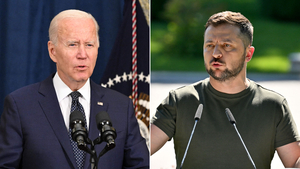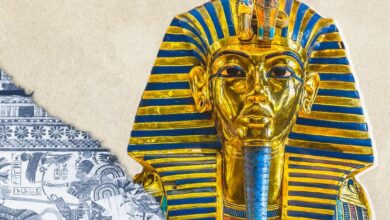Egypt made headlines throughout the Western English language press this week when Mohamed ElBaradei returned to Cairo on Friday. The former chief of the United Nations’ International Atomic Energy Agency has suggested that he would run for president of Egypt if elections are free and fair.
This was the first time that ElBaradei’s potential challenge to the Egyptian presidency has appeared in much of the English language media and most outlets took it as an opportunity to break the news. The Wall Street Journal said that ElBaradei received a “hero’s welcome,” while the British daily the Guardian described the Mubarak government as “one of the world’s longest running authoritarian regimes.”
The American magazine Foreign Policy used the opportunity of ElBaradei’s arrival to publish the extended transcript of an interview that the magazine had with the former IAEA chief in January. The interview covered ElBaradei’s thoughts on the Iranian nuclear program, his feelings about former US President George W. Bush, and his plans for the Egyptian presidency. "I would like to be, at this time, an agent to push Egypt toward a more democratic and transparent regime, with all of its implications for the rest of the Arab world,” ElBaradei told Foreign Policy.
The English-language press around the world also took notice of Egypt earlier last week when scientists released a new study of King Tutankhamun, also known as King Tut, which revealed that the Ancient Egyptian king died of malaria. King Tut didn’t make major headlines, but certainly earned some attention. The television station Discovery is running a two-part special on the King Tut investigation.
Elsewhere in the region, the murder of Hamas military leader Mahmoud al-Mabhouh in Dubai, most likely carried out by an Israeli hit squad, captivated media around the world. The British daily The Times put together—with the help of the Dubai police department—a detailed video of the assassins’ 19 hours in Dubai that makes for compelling viewing on the newspaper’s website. The Guardian speculated that world-famous Israeli intelligence service the Mossad may be losing its touch when it comes to daring covert operations.
US Secretary of State Hillary Clinton paid a visit to Doha, Qatar this past week, in which she said that Iran is heading towards a military dictatorship and that sanctions should be aimed at Iran’s elite military unit, the Revolutionary Guard. The Los Angeles Times pointed out that Clinton’s rhetoric on internal dynamics in Iran “jibes with the latest assessments by Washington think tanks.”
Outside of the Middle East, US President Barack Obama’s meeting with the Dalai Lama, the spiritual and political leader of Tibet, garnered much attention after China warned that the meeting would present a serious challenge to Chinese-American relations. However the White House kept the meeting low-profile in an attempt to avoid angering China, whose cooperation the US needs to achieve its goals on a number of issues including climate change and sanctions on Iran.
Obama also met with rights activists from around the world, including Gamal Eid, director of the Arabic Network for Human Rights, and Bahey el-Din Hassan, director of the Cairo Institute for Human Rights Studies–both of whom travelled to Washington from Egypt. The American president also met with human and civil rights activists from Pakistan, Russia, and Kazakhstan. This seemed to go unnoticed by all but a few American political journalists.




